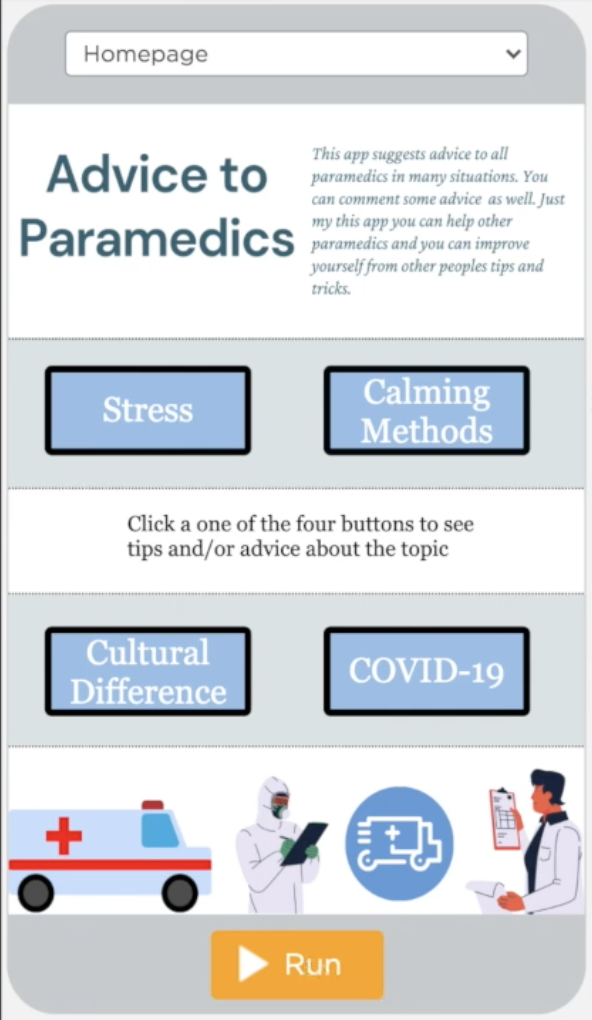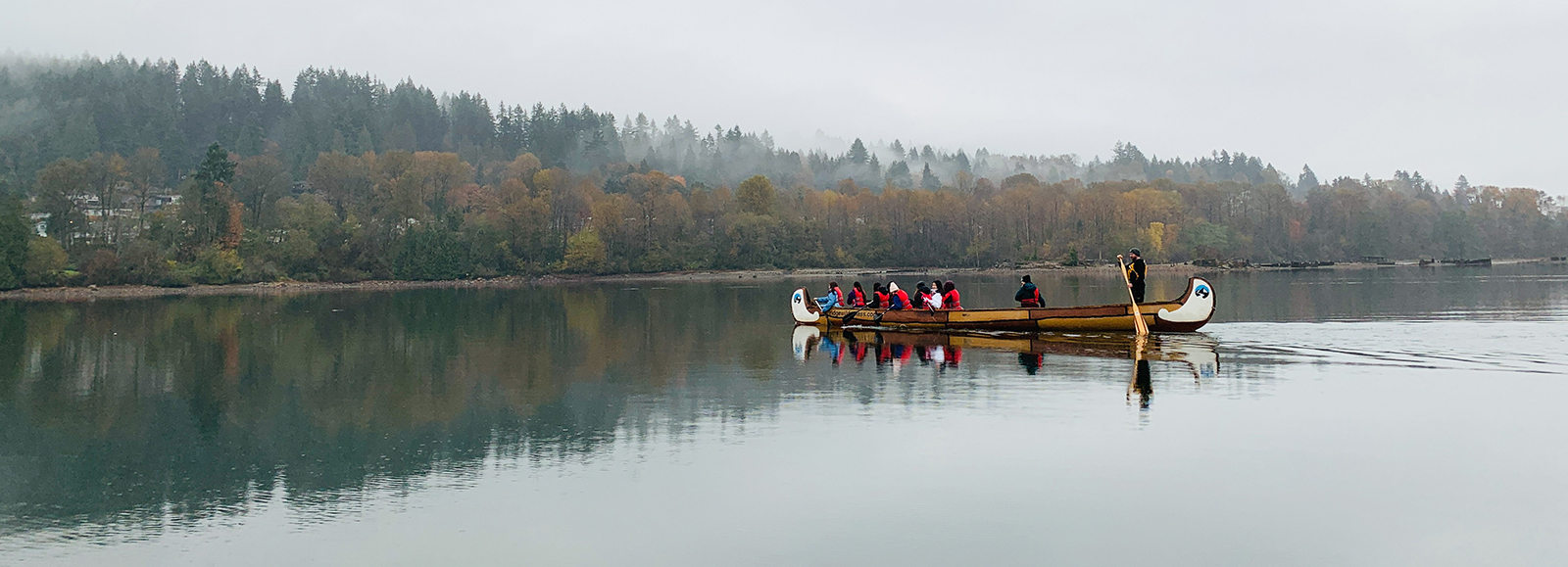SK – Woodworking:
In Term 1, our Little School classes got to try their hand in woodworking. Students learned about safety with tools such as hammers, hand drills, sandpaper, and wood glue. Students made their own sculptures. Some students created fairy playgrounds, houses and theme parks, while other students created a more abstract sculpture. Once dry, students painted and embellished their creations with wire!
Grade 1 – Winter Animal Ozobot Project:
In Term 2, students explored with one of our smaller robots, Ozobots. Using line and colours, students learned how to program these robots to change colours, zig-zag, spin, and backwalk, just to name a few. At the same time, Yorkies were learning about and exploring the Ozobots, they completed an animal research project in the Language Arts class. For a culminating project, students drew a habitat for their animal and included four different “points of interest” from their research, each associated with an Ozobot action. For example, a snowy owl may feed its eaglets, as represented by the Ozobot’s “pause” action. Once finished, students were able to explore each other’s habitats to learn about different Winter animals as experienced by the Ozobots.
Grade 2 – Water Exploration:
As an extension of their Science unit on the water cycle and their Social Studies unit, Responsible Citizenship, Grade 2 students engaged in a project to help water in our community. Students learned about how water comes to our school, how it is used and what happens to it when it goes down the drain. Classes adopted four catch basins at Alexandra and 27th street through the city of Vancouver’s Adopt a Catch Basin program. Each class cared for their catch basin by cleaning any garbage or leaves blocking it. Students then thought about one water problem in our community that they would like to help with and created their own solution to their identified problem. Some students created paintings, posters, and videos to educate our community about these issues while other students created garbage picker-uppers and acrylic paint collectors as tools to help people change their actions.
Grade 3 – Environmentally Friendly Homes:
This winter Grades 3 students engaged in an integrated unit to design, build and test environmentally friendly homes. This unit included their Science unit on thermal energy, their Social Studies unit on First Peoples’ knowledge and their measurement unit in Math.
Students learned about local First People’s traditional knowledge of thermal energy and environmentally friendly design. We looked at both traditional Long Houses and Pitt Houses, and contemporary indigenous architecture. We focused on architect Alfred Waugh, and his First Peoples’ house at The University of Victoria. To learn more about thermal energy, students conducted experiments on how heat moves through conduction, convection and radiation. We also learned about how passive homes are environmentally friendly by not letting heat out and conserving energy.
With this understanding, students were then challenged to incorporate this rich knowledge and engaged in a group project of designing and modeling an environmentally friendly home using cardboard construction techniques and a variety of materials.
Grade 4 – Digital Fabrication:
This year Grade 4 students became experts in digital fabrication! Using their measurement skills, students created their own 3D printed pencil holder. Students first learned how to use the Tinkercad program to create and modify shapes digitally. Then they used the program to design their pencil holders.
This winter, students also had an opportunity to create their own unique clock using our new laser cutter! Students design the shape of their clock face using google draw, which was then cut out with our laser cutter. Students then drilled a hole in the centre and painted it with organic or geometric shapes. Finally, students learned how to put together the clock mechanism to create their working clock!
Grade 5 – Body Systems Project with Hummingbird Robotics – link to photos
In Term 2, students in Grade 5 were learning about the body systems in Science. First, Yorkies developed their skills with Hummingbird Robotics, where they attached and programmed different outputs such as LED lights and servo motors. Once students gained an understanding of the three body systems of focus (respiratory system, musculoskeletal system and digestive system), students worked with a partner to model a part of the system of their choosing.
Student projects ranged from showing the diaphragm moving up and down in the chest to seeing the path a piece of “food” would travel after being swallowed. Students created and troubleshooted both their code and the physical mechanisms with cardboard and other materials in order to get the components of their program working as it would in the human body.
Grade 6 – Refugee Art
In Term 3, Grade 6 students engaged in a project to honour and bring awareness to the experience of refugees. The process began in January, starting with research on human rights and the way these rights are violated around the world. Students gained empathy for refugees through a day-long simulation activity. After the simulation, students were tasked with writing a reflection or a story about their experience.
Next, the Grade 6 students read “Refugee” by Alan Gratz and interviewed Marcelle Kitengie, Hassan Al Kontarpeople, and Laurie Cooper about their experience as a refugee or working with people who are refugees. The Grade 6 students documented what they learned by creating a visual artwork to honour the story and help others empathize. To scaffold the process of creating a visual artwork of such a sensitive subject matter, classes brainstormed key elements and symbols that could represent this experience. Students created individual artworks including paintings, sculptures, mixed media, installations, and digital art.
Grade 7 – Career Ed Project
 In Term 2, Grade 7 students chose a career to learn more about and develop an app to meet the needs of their user. Beginning with research, students learned more about this profession using guiding questions. Then, they reached out and interviewed a professional in the field to not only develop a better understanding of this profession, but also to identify a need or a problem in this field, potentially based on changes made as a result of the global pandemic. Students narrowed down their research to focus on a single problem that they would be able to help with, or solve, by way of a mobile app. Using code.org’s App Lab platform, students learned the basics of coding an application for a mobile device. Using a detailed plan, students coded their app. Many students were able to get feedback from the individual they interviewed in order to improve and make their project as useful as possible. Finished apps helped in many ways, including connecting employees with each other to help with social isolation to helping restaurants with their user experience when making reservations online.
In Term 2, Grade 7 students chose a career to learn more about and develop an app to meet the needs of their user. Beginning with research, students learned more about this profession using guiding questions. Then, they reached out and interviewed a professional in the field to not only develop a better understanding of this profession, but also to identify a need or a problem in this field, potentially based on changes made as a result of the global pandemic. Students narrowed down their research to focus on a single problem that they would be able to help with, or solve, by way of a mobile app. Using code.org’s App Lab platform, students learned the basics of coding an application for a mobile device. Using a detailed plan, students coded their app. Many students were able to get feedback from the individual they interviewed in order to improve and make their project as useful as possible. Finished apps helped in many ways, including connecting employees with each other to help with social isolation to helping restaurants with their user experience when making reservations online.




